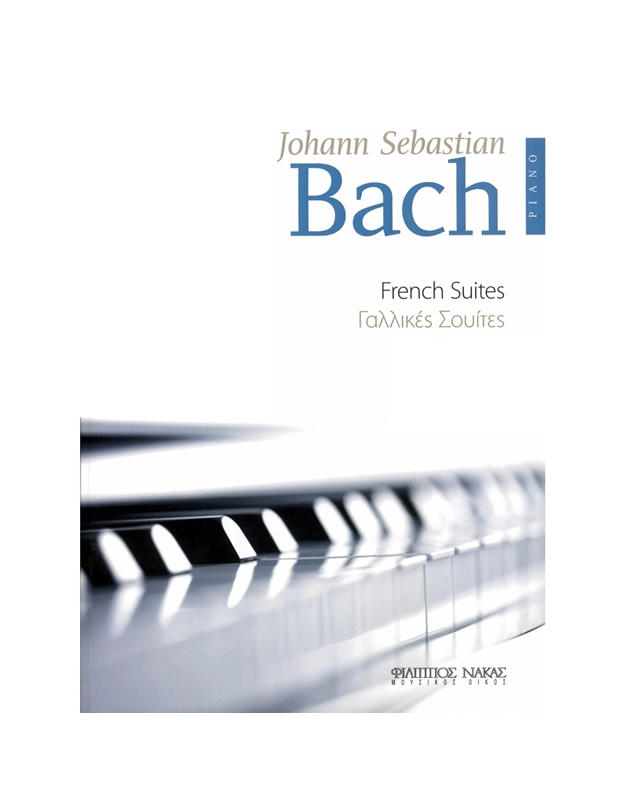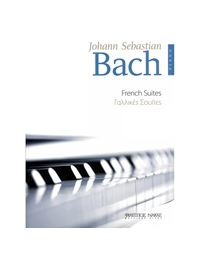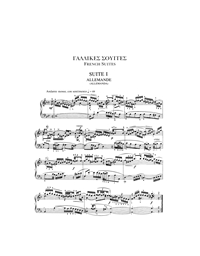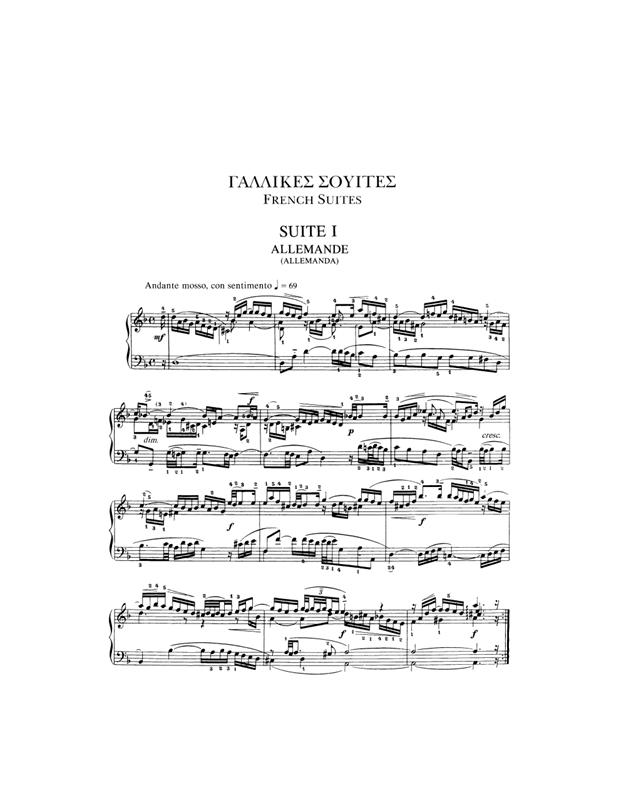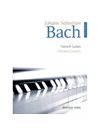- Find Related Accessories Here Find Related Accessories Here Find Related Accessories Here Find Related Accessories Here Find Related Accessories Here Find Related Accessories Here Find Related Accessories Here Find Related Accessories Here Find Related Accessories Here Find Related Accessories Here Learn piano here 10 Learn piano here 11 includeProductsFromFeed
- Find Related Accessories Here Find Related Accessories Here Find Related Accessories Here Find Related Accessories Here Find Related Accessories Here Find Related Accessories Here Find Related Accessories Here Find Related Accessories Here Find Related Accessories Here Find Related Accessories Here Learn piano here 10 Learn piano here 11 UserXmlFull
- Find Related Accessories Here Find Related Accessories Here Find Related Accessories Here Find Related Accessories Here Find Related Accessories Here Find Related Accessories Here Find Related Accessories Here Find Related Accessories Here Find Related Accessories Here Find Related Accessories Here Learn piano here 10 Learn piano here 11 UserXmlWV
- Find Related Accessories Here Find Related Accessories Here Find Related Accessories Here Find Related Accessories Here Find Related Accessories Here Find Related Accessories Here Find Related Accessories Here Find Related Accessories Here Find Related Accessories Here Find Related Accessories Here Learn piano here 10 Learn piano here 11 BoxNow
Bach Johann Sebastian - French Suites, BWV 812–817

BRAND: Φίλιππος Νάκας
- Find Related Accessories Here Find Related Accessories Here Find Related Accessories Here Find Related Accessories Here Find Related Accessories Here Find Related Accessories Here Find Related Accessories Here Find Related Accessories Here Find Related Accessories Here Find Related Accessories Here Learn piano here 10 Learn piano here 11 includeProductsFromFeed
- Find Related Accessories Here Find Related Accessories Here Find Related Accessories Here Find Related Accessories Here Find Related Accessories Here Find Related Accessories Here Find Related Accessories Here Find Related Accessories Here Find Related Accessories Here Find Related Accessories Here Learn piano here 10 Learn piano here 11 UserXmlFull
- Find Related Accessories Here Find Related Accessories Here Find Related Accessories Here Find Related Accessories Here Find Related Accessories Here Find Related Accessories Here Find Related Accessories Here Find Related Accessories Here Find Related Accessories Here Find Related Accessories Here Learn piano here 10 Learn piano here 11 UserXmlWV
- Find Related Accessories Here Find Related Accessories Here Find Related Accessories Here Find Related Accessories Here Find Related Accessories Here Find Related Accessories Here Find Related Accessories Here Find Related Accessories Here Find Related Accessories Here Find Related Accessories Here Learn piano here 10 Learn piano here 11 BoxNow
Bach Johann Sebastian - French Suites BWV 812–817
Johann Sebastian Bach
German composer and organist of the Baroque period. He was born in Eisenach, Thuringia, in 1685 and died in Leipzig in 1750. He was undoubtedly the most important composer of this period and one of the most important in the history of Western music. Most of his over 1000 works that have survived to this day incorporate almost all the characteristics of the Baroque style. Although he did not introduce any new musical form, he enriched the German musical style of his time with a powerful and impressive contrapuntal technique, and the adaptation of rhythms and styles from other countries, especially from Italy and France. His works cover a wide range of instrumental music (works for Harpsichord, Organ, Concerto) and vocal music (Oratorios, Masses, Passions, Cantatas, etc.). As characteristic works of Bach can be mentioned the St Matthew Passion, the Brandenburg Concertos, the two volumes of the Well-Tempered Clavier and the Art of Fugue.
Many of Bach's works are basic material for the study of the piano.
In the series of educational books that are mandatory part of the Preliminary and Lower class of the piano, the following books are included:
J. S. Bach "The first Bach"
J. S. Bach "Anna Magdalena 1725"
J. S. Bach "Short preludes and fugues"
J. S. Bach "Inventions a deux voix"
J. S. Bach "Inventions a troix voix"
The notebook for Anna Magdalena was a precious gift that Bach made to his second wife Anna Magdalena in 1725. It initially contained two suites for piano dedicated to his wife and then he assigned her to include works of her choice from other composers of the time.
In the book "The first Bach" there are some small and easy pieces that are taught to the beginner pianists, which come from the notebook of Anna Magdalena.
The books "Short preludes and fugues", "Inventions a deux voi" & "Inventions a troix voix" gradually introduce the students to the art of polyphony of Bach.
The French Suites, BWV 812–817, are six suites that Johann Sebastian Bach wrote for clavier (harpsichord or clavichord) between the years 1722 and 1725. The suites later received the name "French" (the first recorded use of this term is by Friedrich Wilhelm Marpurg in 1762). The name became popular by the biographer of Bach, Johann Nikolaus Forkel, who wrote in his biography of Bach in 1802, "He usually calls them French Suites because they are written in the French manner". There is no surviving definitive manuscript of these suites.
CONTENTS
Suite No. 1 in D Minor, BWV 812
- I. Allemande
- II. Courante
- III. Sarabande
- IV. Menuet I & II
- V. Gigue
Suite No. 2 in C Minor, BWV 813
- I. Allemande
- II. Courante
- III. Sarabande
- IV. Air
- V. Menuet
- VI. Gigue
Suite No. 3 in B Minor, BWV 814
- I. Allemande
- II. Courante
- III. Sarabande
- IV. Menuet and Trio
- IV. Angloise
- VI. Gigue
Suite No. 4 in E-Flat Major, BWV 815
- I. Allemande
- II. Courante
- III. Sarabande
- IV. Gavotte
- V. Menuet
- VI. Air
- VII. Gigue
Suite No. 5 in G Major, BWV 816
- I. Allemande
- II. Courante
- III. Sarabande
- IV. Gavotte
- V. Bouree
- VI. Loure
- VII. Gigue
Suite No. 6 in E Major, BWV 817
- I. Allemande
- II. Courante
- III. Sarabande
- IV. Gavotte
- V. Polonaise
- VI. Bouree
- VII. Menuet
- VIII. Gigue
- Is Overweight Product: False
- Composer / Author: B
- With CD: No
Available
